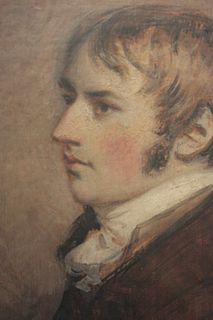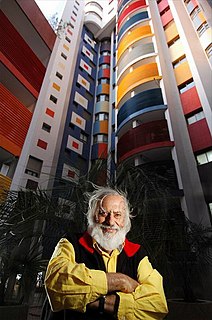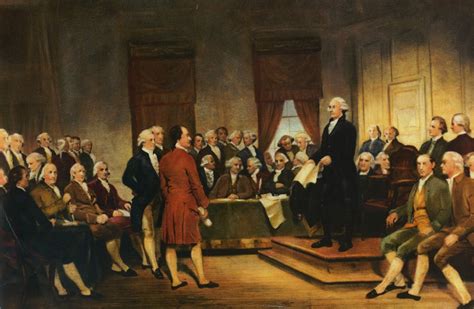A Quote by John Constable
Verse is a mechanism by which we can create interpretative illusions suggesting profoundities of response and understanding which far exceed the engagement or research of the writer.
Quote Topics
Related Quotes
Truth is a mobile army of metaphors, metonyms, anthropomorphisms, in short a sum of human relations which have been subjected to poetic and rhetorical intensification, translation and decoration […]; truths are illusions of which we have forgotten that they are illusions, metaphors which have become worn by frequent use and have lost all sensuous vigour […]. Yet we still do not know where the drive to truth comes from, for so far we have only heard about the obligation to be truthful which society imposes in order to exist" from, "On Truth and Lying in a Non-Moral Sense".
What then is truth? A movable host of metaphors, metonymies, and anthropomorphisms: in short, a sum of human relations which have been poetically and rhetorically intensified, transferred, and embellished, and which, after long usage, seem to a people to be fixed, canonical, and binding. Truths are illusions which we have forgotten are illusions — they are metaphors that have become worn out and have been drained of sensuous force.
First of all, everyone must acknowledge and feel that child slavery still exists in the world, in its ugliest face and form. And this is an evil, which is crime against humanity, which is intolerable, which is unacceptable and which must go. That sense of recognition must be developed first of all. And secondly there is a need of higher amounts of political will. There is a need of higher amount of corporate engagement, and the engagement of the public towards it. So, everybody has a responsibility to save and protect the children on this planet.
My intention was to create a work of art which would transcend the visible, which cannot be perceived except in stages, with the understanding that it is a partial revelation and not the perpetuation of the existing. My aim is to show what can be seen within the limits of possibility which exists in the midst of coming into being.
For truly in nature there are many operations that are far more than mechanical. Nature is not simply an organic body like a clock, which has no vital principle of motion in it; but it is a living body which has life and perception, which are much more exalted than a mere mechanism or a mechanical motion.







































